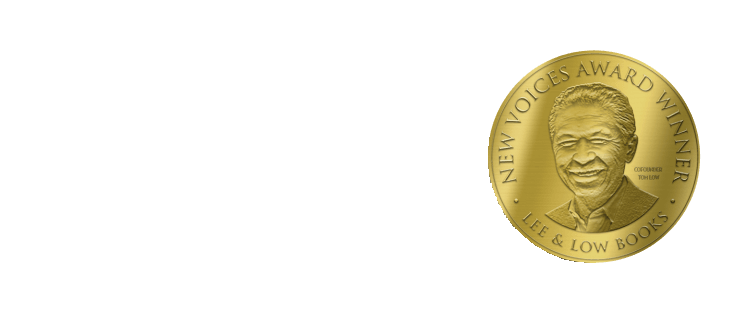Stacy Whitman is Editorial Director and Publisher of Tu Books, an imprint of LEE & LOW BOOKS that publishes diverse science fiction and fantasy for middle grade and young adult readers. This blog post was originally posted at her blog, Stacy Whitman’s Grimoire.
I have to admit, I really hate reading villain POVs. There are so few villains that have any redeemable qualities, and especially starting a book out with the villain’s point of view when they’re murdering and/or plundering just makes me go, “Why do I want to read this book, again?”
This is actually one of the things I hated most about the famous adult fantasy series Wheel of Time, though I love the series in general: I hated the amount of time spent on this Forsaken’s love of naked mindless servants, and that Forsaken’s love of skinning people, or whatever. Yeah, yeah, I get it, they’re irredeemably evil. Get back to someone I’m actually ROOTING FOR, which is why I’m reading the book!
Sometimes it’s important to briefly show the villain’s point of view to convey to the reader some information that our hero doesn’t have, but I find more and more that my tolerance for even these kinds of scenes is thinning fast. Too often it’s a substitute for more subtle forms of suspense, laying clues that the reader could pick up if they were astute, the kind of clues that the main character should be putting together one by one to the point where when he or she finally figures it out. Then the reader slaps their own forehead and says, “I should have seen that coming!”
It’s a completely different matter, of course, when the whole point is for the “villain” to simply be someone on another side of an ideological or political divide where there are no true “bad guys.” Usually this happens in a book in which your narrators are unreliable, which can be very interesting. Often the villain is the hero in their own story, which is far more interesting than a “pure evil” villain—in Lord of the Rings, Sauron is much less interesting than Saruman. Sauron is the source of pure evil, but Saruman made a choice—he thinks, well, evil will win anyway, I might as well be on top in the new world order. There are complications to his motivations.
Tu Books author Bryce Moore (Vodnik) reviewed the first Captain America movie and had this to say about how a character becomes evil, which I think is apropos to this discussion:
Honestly, if writers spent as much time developing the origin and conflicted ethos of the villains of these movies, I think they’d all be doing us a favor. As it is, it’s like they have a bunch of slips of paper with different elements on them, then they draw them at random from a hat and run with it. Ambitious scientist. Misunderstood childhood. Picked on in school.
That’s not how evil works, folks. You don’t become evil because you get hit in the head and go crazy. You become evil by making decisions that seemed good at the time. Justified. Just like you become a hero by doing the same thing. A hero or a villain aren’t born. They’re made. That’s one of the things I really liked about Captain America. He’s heroic, no matter how buff or weak he is.
This is, perhaps, the best description of why villain POVs bug me so much: because they’re oversimplified, villainized. And for some stories, I think villainization works, but I don’t want to see that point of view, because it’s oversimplified and uninteresting. When it’s actually complicated and interesting, then it becomes less “the villain” and more nuanced.
But there’s a line for me, generally the pillaging/raping/murdering/all manner of human rights abuses line, at which I’m sorry, I just don’t care about this guy’s point of view. The equivalent of this in middle grade books—where pillages/murders/rapes are (hopefully) fewer—or young adult books is the pure evil villain who’s just out to get the main character because the villain is black-hearted, mean, vile, what-have-you. Evil through and through, with no threads of humanity. (Though honestly if he’s killing people “for their own good” to protect a certain more nuanced human viewpoint, I generally still don’t want to see that from his POV.)










